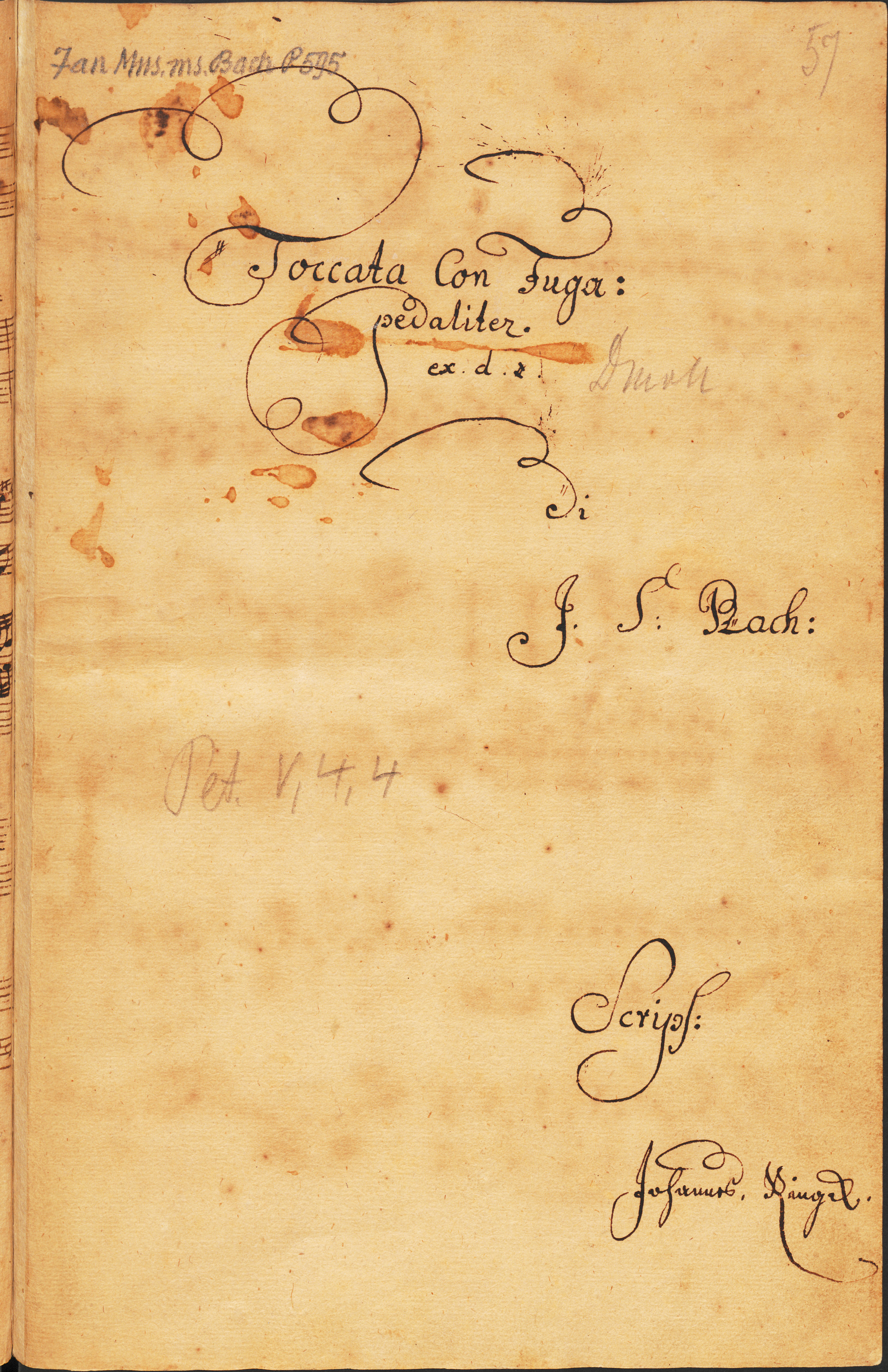Ringk Copy - First Page Fragment on:
[Wikipedia]
[Google]
[Amazon]
 Johannes Ringk, or Ringck (26 June 1717 – 24 August 1778), was a German composer and
Johannes Ringk, or Ringck (26 June 1717 – 24 August 1778), was a German composer and
 Johannes Ringk, or Ringck (26 June 1717 – 24 August 1778), was a German composer and
Johannes Ringk, or Ringck (26 June 1717 – 24 August 1778), was a German composer and organist
An organist is a musician who plays any type of organ. An organist may play solo organ works, play with an ensemble or orchestra, or accompany one or more singers or instrumental soloists. In addition, an organist may accompany congregational ...
.
He was born in Frankenhain
Frankenhain is a village and a former municipality in the district Ilm-Kreis, in Thuringia, Germany. Since 1 January 2019, it is part of the municipality Geratal.
It is well known for its biathlon
The biathlon is a winter sport that combines ...
, in present-day Thuringia
Thuringia (; german: Thüringen ), officially the Free State of Thuringia ( ), is a state of central Germany, covering , the sixth smallest of the sixteen German states. It has a population of about 2.1 million.
Erfurt is the capital and lar ...
, and studied organ with Johann Peter Kellner
Johann Peter Kellner (variants: Keller, Kelner) (28 September 1705 – 19 April 1772) was a German organist and composer. He was the father of Johann Christoph Kellner.
Biography
He was born in Gräfenroda, Thuringia, and was intended by his pare ...
in Gräfenroda
Gräfenroda is a village and a former municipality in the Ilm-Kreis district, in Thuringia, Germany. Since 1 January 2019, it is part of the municipality Geratal. It was the administrative seat of the former ''Verwaltungsgemeinschaft'' Oberes Gera ...
and Gottfried Heinrich Stölzel
Gottfried Heinrich Stölzel (13 January 1690 in – 27 November 1749 in Gotha) was a prolific German composer of the Baroque era. Stölzel was an accomplished German stylist who wrote a good many of the poetic texts for his vocal works.
Biog ...
in Gotha
Gotha () is the fifth-largest city in Thuringia, Germany, west of Erfurt and east of Eisenach with a population of 44,000. The city is the capital of the district of Gotha and was also a residence of the Ernestine Wettins from 1640 until the ...
. From 1740 he was a music teacher in Berlin
Berlin is Capital of Germany, the capital and largest city of Germany, both by area and List of cities in Germany by population, by population. Its more than 3.85 million inhabitants make it the European Union's List of cities in the European U ...
, and in 1754 he was appointed organist of the Marienkirche, where he remained until his death. Contemporaries held a high opinion of his organ playing and ability at fugal
In music, a fugue () is a contrapuntal compositional technique in two or more voices, built on a subject (a musical theme) that is introduced at the beginning in imitation (repetition at different pitches) and which recurs frequently in the c ...
extemporisation.
He composed organ works, concertos and possibly an opera
Opera is a form of theatre in which music is a fundamental component and dramatic roles are taken by singers. Such a "work" (the literal translation of the Italian word "opera") is typically a collaboration between a composer and a libre ...
, but is most remembered today for the numerous copies he made, often the only ones now remaining, of works by more notable composers. Amongst these copies in his hand are Johann Sebastian Bach
Johann Sebastian Bach (28 July 1750) was a German composer and musician of the late Baroque period. He is known for his orchestral music such as the ''Brandenburg Concertos''; instrumental compositions such as the Cello Suites; keyboard wo ...
's cantata ''Weichet nur, betrübte Schatten, BWV 202
''Weichet nur, betrübte Schatten'' (Dissipate, you troublesome shadows), BWV202, is a secular cantata by Johann Sebastian Bach. It was likely composed for a wedding, but scholars disagree on the dating which could be as early as Bach's tenure in ...
'' and the oldest copy of the famous Toccata and Fugue in D minor, BWV 565
The Toccata and Fugue in D minor, BWV 565, is a piece of organ music written, according to its oldest extant sources, by Johann Sebastian Bach (1685–1750). The piece opens with a toccata section, followed by a fugue that ends in a coda. Scho ...
. It is possible that the copies were made from versions in Kellner's collection, who was a pupil of Bach. The copies in Kellner's collection, which were made about 1725, are today one of the most important sources of Bach's work.
References
* * – reviews speculation that J.S. Bach did not compose the work. 1717 births 1778 deaths 18th-century classical composers 18th-century keyboardists German Baroque composers German classical organists German male organists German male classical composers Organ improvisers 18th-century German composers 18th-century German male musicians Male classical organists {{composer-stub